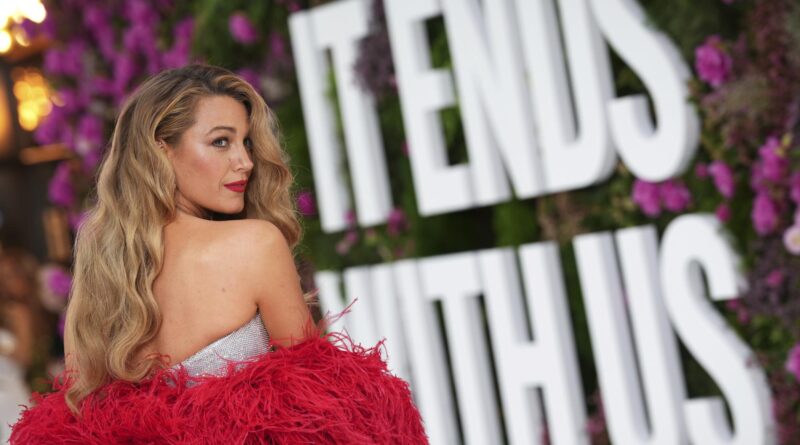REVIEW | It Ends with Us: A Messy Adaptation Overshadowed by Drama
Most discussions around It Ends with Us, directed by Justin Baldoni, have revolved around its behind-the-scenes drama and marketing missteps. Unfortunately, the film itself falls short, with uninspired direction, weak cinematography, and lackluster writing, leaving audiences unsatisfied. While it captures the essence of the book’s bold spirit, it ruins what made the original so beloved.
A Popular Novel Meets a Mediocre Film Adaptation
Based on Colleen Hoover’s hit novel, It Ends with Us follows Lily Blossom Bloom’s tumultuous love life. Baldoni, who secured the film rights in 2019, adapted the book into a movie that mirrors its TikTok-driven popularity. However, the film’s trailer, filled with soft lighting and romantic imagery, doesn’t prepare the audience for the darker themes of domestic violence, leading to a jarring viewing experience.
Flashbacks and Storytelling That Disrupt the Flow
The film features Lily’s backstory through flashbacks, depicting her abusive upbringing and romance with homeless Atlas Corrigan. But these flashbacks arrive at awkward moments, disrupting the film’s pacing. Lily’s future relationship with Lyle Kincaid, which turns abusive, shocks viewers unfamiliar with the book, adding tension but lacking smooth transitions.
Stellar Acting Overshadowed by Poor Direction
The film’s saving grace is its talented cast. Blake Lively portrays Lily, while newcomer Isabella Ferrer shines as young Lily, paired with Alex Neustadter as young Atlas. Baldoni himself plays Lyle, capturing the character’s menacing charm. However, supporting actors like Jenny Slate and Hasan Minhaj are underused, missing opportunities to elevate the film.
Faithful Yet Flawed: Staying True to the Source Material
Baldoni and screenwriter Christy Hall stick closely to Hoover’s novel, but this loyalty to the book’s awkward, sometimes cringeworthy dialogue doesn’t serve the film well. The romantic scenes between Lily and Lyle, in particular, fall flat, making audiences question whether the filmmakers intentionally ruined the magic of the source material.
Unnecessary Changes That Hurt the Film’s Character Development
Lily’s character in the film loses the eccentric charm she had in the novel. Older and less relatable, her quirky nature is watered down, while her distinct sense of style is butchered in the film. Fans argue that Blake Lively’s portrayal feels like a self-projection, leaving much of Lily’s unique personality behind.
A Different Approach to Depicting Abuse
The film’s portrayal of Lyle’s abusive behavior is more ambiguous than in the novel. While some critics disagree with this choice, the vagueness reflects the psychological manipulation and gaslighting often experienced by victims of domestic violence. This nuanced depiction is one of the few things Baldoni gets right.
Visually Bland and Lacking Artistic Direction
Baldoni’s direction leaves much to be desired, with flat, uninspired visuals that make even a vibrant city like Boston look dull. Missed opportunities for powerful visual storytelling, such as contrasting lighting and shot composition, result in a visually boring film that fails to elevate the story’s emotional depth.
Criticism of the Novel and Its Fans Rooted in Misogyny?
While Colleen Hoover and her work have faced legitimate criticism, much of the backlash is watered down to accusations that It Ends with Us romanticizes domestic violence, which isn’t true. However, the dialogue surrounding the novel’s flaws is often tainted by misogyny, overshadowing more valid critiques of Hoover’s writing.
In the End, Just Another Mediocre Film
Ultimately, It Ends with Us is bad, but in the most average way. With a weak script, uninspired direction, and a bland adaptation, the movie offers little to analyze or debate. It’s a disappointment for fans and newcomers alike, and one can only hope the rumored Lively v. Baldoni documentary is more engaging than the film itself.




